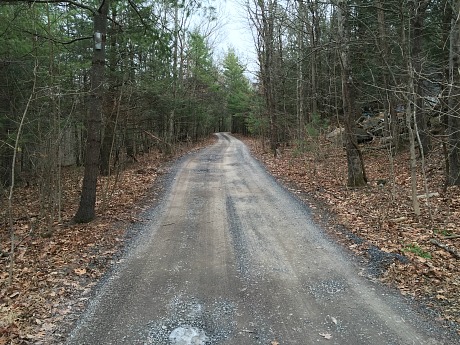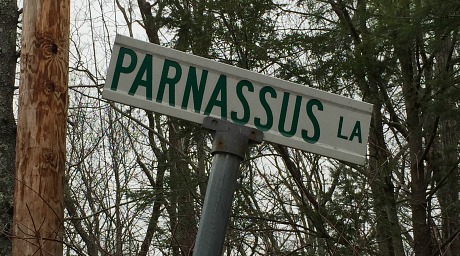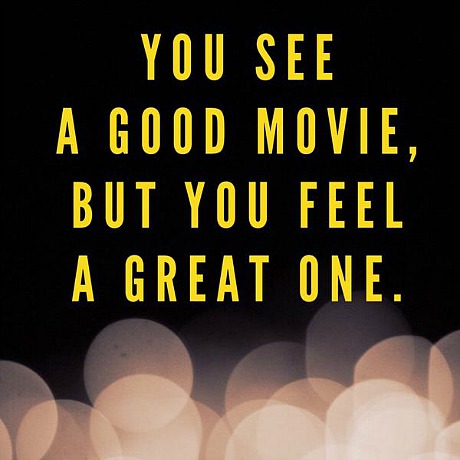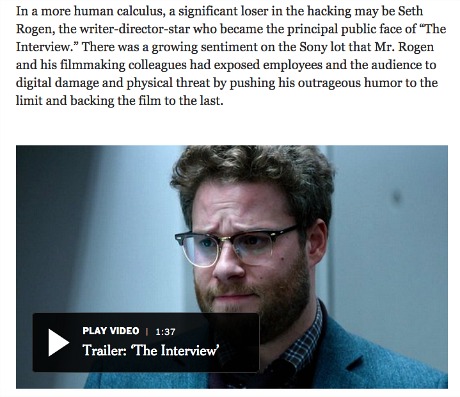During yesterday’s visit to Saugerties I stopped by the fabled “big pink” house to pay respects and take a couple of snaps. I’m speaking, of course, of the legendary abode where Bob Dylan and The Band recorded the Basement Tapes in ’67 and from which The Band’s “Music From Big Pink” album sprung in ’68.
And I must report the truth, which is that “big pink” is a lie — it’s not pink but a mild rose mixed with beige. Pink is pink — an eyesore color for girly-girls. Shocking pink, punk-hair pink, pink underwear, Angelyne’s pink Corvette, Elvis’s soft pink Cadillac from the late ’50s. And then there is the realm of rose, which is a gentler, somewhat earthier, more natural shade. Mix rose with a bit of fleshy soft biege from the women’s make-up counter at Bloomingdale’s and you’ve got the color of “big pink.” I understand that “big pink” sounds cooler than “big rosey beige” and that’s cool, but someone had to tell the truth and I guess it had to be me.

“Big pink” house at 17 Parnassus Lane in Saugerties, New York — Saturday, 12.20, 12:20 pm.







